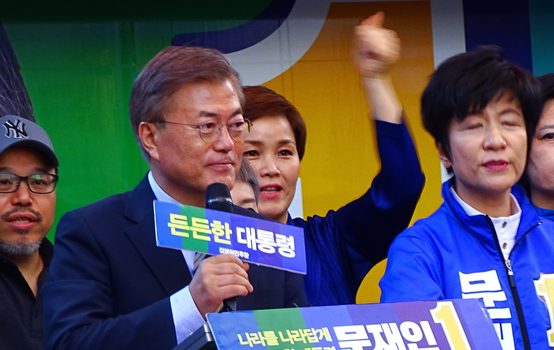The Strained U.S.-South Korean Alliance

Despite public pronouncements of close cooperation between Washington and Seoul, the rift between the U.S. and South Korea is spilling into open view:
"We are very much worried about American unilateral military action on North Korea because North Korea is most likely to retaliate against South Korea," Moon Chung-in, a senior foreign policy adviser to South Korean President Moon Jae-in, tells @JudyWoodruff. pic.twitter.com/nNnFUKY5vP
— PBS NewsHour (@NewsHour) February 28, 2018
If South Korean concerns were being taken seriously by the Trump administration, it is doubtful that a high-profile adviser to President Moon would be saying this publicly on American television. The fact that one of Moon’s top foreign policy advisers feels the need to say this publicly to an American audience strongly suggests that the administration has ignoring what our ally is trying to tell them. It further suggests that the strains in the alliance that were on display during the Olympics are not superficial ones, but reflect significant disagreements over how to handle the standoff with the DPRK.
It is not surprising that the South Korean government would be opposed to a U.S. attack that would result in the devastation of their country, but it is noteworthy that a top representative of an ally thinks it necessary to sound an alarm about the danger of a U.S. attack. Taken together with all of the other signs from the Trump administration in recent months, this doesn’t bode well for the alliance with South Korea or for the prospects for peace and stability in Northeast Asia.